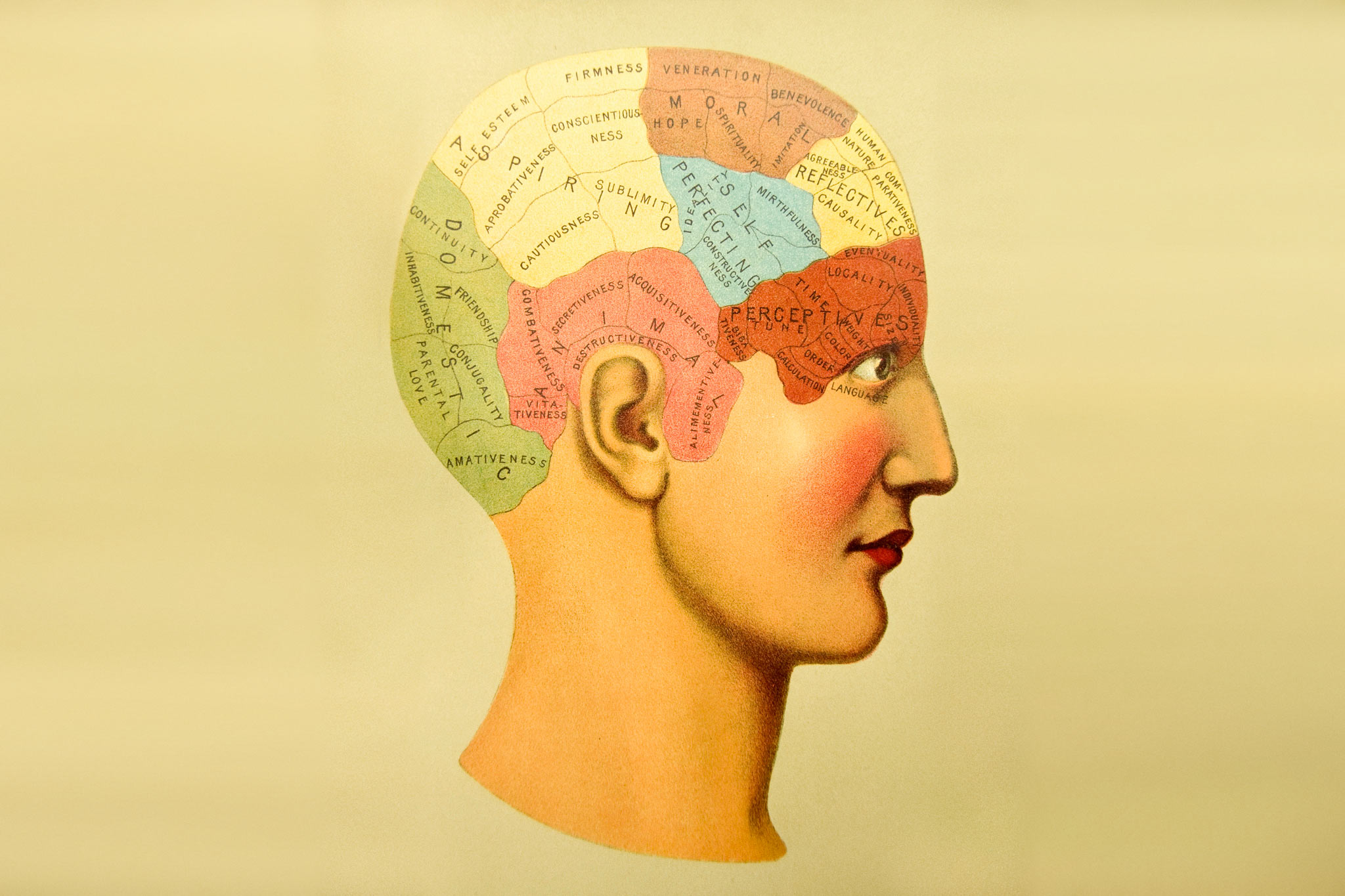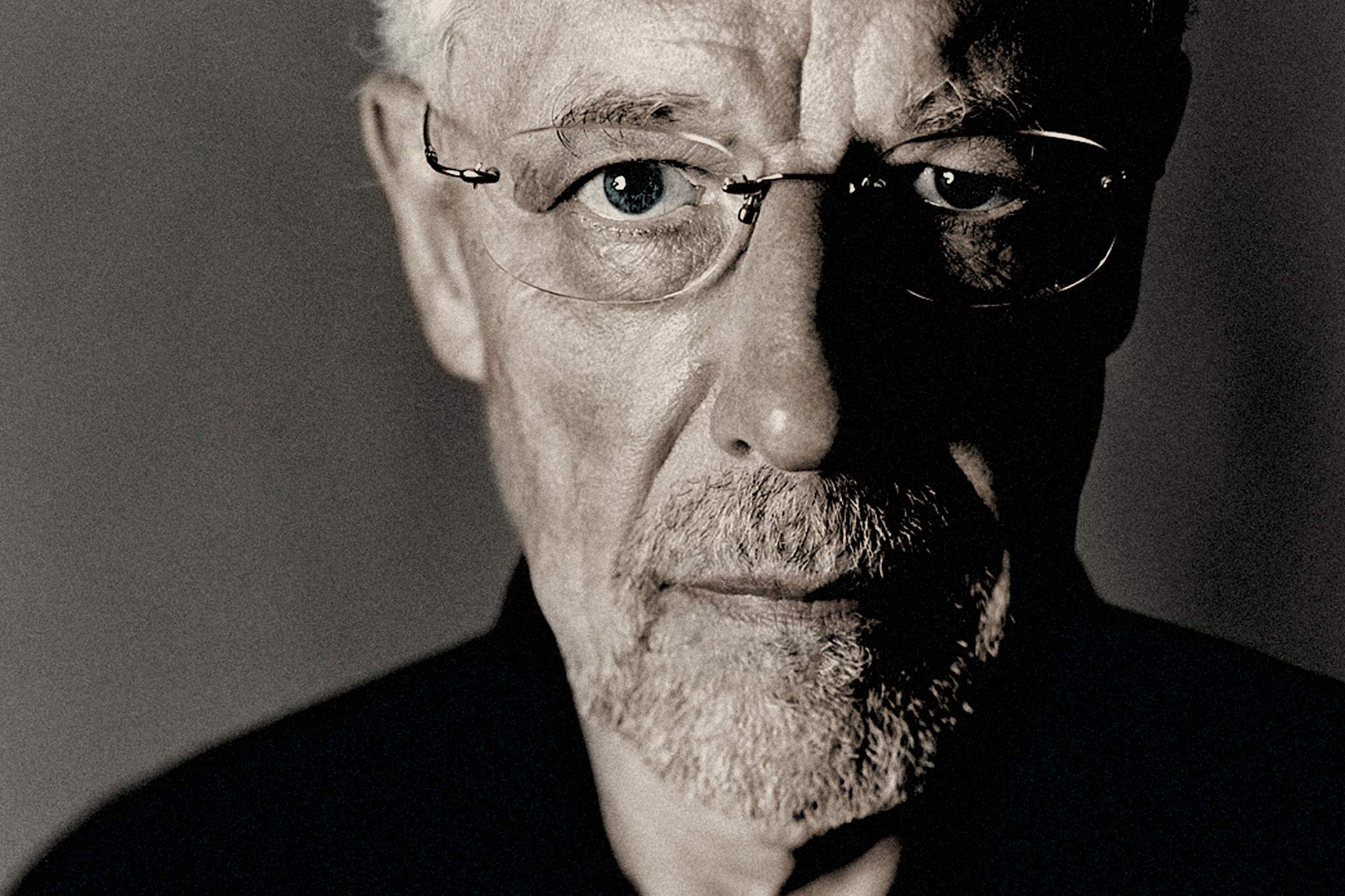We often overestimate our ability to predict the future. Predictions are based on experience, and we expect the future to be like the past. This approach is useful and practical in the short term, but what really determines developments in the very long term? If you bide your time, you will soon experience whole new experiences that turn everything on its head and make all predictions futile”
From Vårt klot så ömkligt litet (“Our Globe so Pitifully Small”) by Ulf Danielsson, professor of theoretical physics
Organic life first appeared on earth just over three and a half billion years ago, initially in the form of unicellular organisms. These and all life forms after that have undergone, and continue to experience, an evolutionary process that has culminated in an enormous variety developed over millions of years, and a life for you and I that is unrecognisable from that of the ancient animals that still inhabit our ocean floors. And we still have the same basic anatomy, so we are related. The difference between us and all other life forms is due solely to gradual adaptation to various living environments.
As we all know, it was British biologist and zoologist Charles Darwin (1809–1882). He, after a study trip to the Galapagos Islands and many years of study, presented his findings in On the Origin of Species. Published in 1859, it explains how the different species of plants and animals came to be and have evolved since life began on earth.
Only an estimated 0.5 per cent of the millions of species have survived since ancient times and more modern times.
All the others have become extinct or so radically altered that their origin can only be found in fossil layers. Modern man, Homo sapiens, is a relative newcomer. The species we belong to emerged somewhere between 100,000 to 200,000 years ago, first on the African continent before spreading throughout the world. And 100,000 to 200,000 years is just a blink of an eye in the history of a planet that stretches back 4.6 billion years.
Today, people say that the market does not like uncertainties and works best under calm and collected conditions when most things seem much more predictable. Homo sapiens like buying and selling, especially in what we call the developed world. Ideologically and politically, almost all ‘man-made’ nations follow the capitalist ideology of social structures based on the supply and demand of goods and services.
“When predictability starts to fade and no longer gives any clear indications is when anxiety steps to the fore. It casts the dark shadow of doubt, and we instinctively regress to the past and take shelter in groups”
The traditional religions certainly still exist, but mainly in the form of older cultural expressions, much like museums showing historical and more modern art creations. The number of people who still worship invisible gods and similar powers is slowly declining. Today, more and more people see the Market (with a capital M) as the dominant force that, via the internet, affects everything and everybody at a furious pace.
The Market has a societal function created entirely by humans that have always been controllable. Still, the robotic systems of recent years are run by artificial intelligence, a mathematical, statistical product that has shifted control to a few IT experts. Many are following it with great interest. What does the Market predict for tomorrow? How will it react? Where should we place our savings? What will I get in return if I invest today? We tend to look for the reasonably predictable answers to all our questions.
When predictability starts to fade and no longer gives any clear indications is when anxiety steps to the fore. It casts the dark shadow of a doubt, and we instinctively regress to the past and take shelter in groups where we feel content to wait and do nothing. Some recoil into deep depression or some other mental state. Others return to their church and beg forgiveness. One never knows.
No, one never knows. Anything could happen at any time. We Homo sapiens should be used to insecurity because we inhabit a very insecure planet with a history of events that were not even predictable, let alone well-controlled.
Suddenly an earthquake, a volcanic eruption, a giant meteor falling from the sky, a violent solar storm caused by gigantic magnetic explosions on the sun’s surface having a devastating effect on our planet, the outbreak of not just one but several highly contagious viruses, unexpected death in the family, a Russian military invasion of a peaceful European country.
Against all these threats, we are evolutionarily prepared to seek protection, and the most common way is to form groups like elephants, the deer on the steppe and small fish species in the oceans.
“We are evolutionarily prepared to seek protection, and the most common way is to form groups like elephants, the deer on the steppe and small fish species in the oceans”
We unite and look around for the Leader, who emerges with a presumed overview and with the ability to formulate directions forward and away from the curses of threats. And no, it is scarce for any scientist to aspire to such a position but is more often a power-hungry person longing for the intoxication of adoration from the expectant masses.
Leaders, however, do not choose their people. The people decide who to appoint and worship as their Leader, and they care nothing about past merits. It could be an Austrian painter who later became a corporal in an army, or it could be a film actor from some American B movies, a TV celebrity in Ukraine, or an above-average politician in any country. They only need to show some authority, verbal ability, and a genuine interest in the type of leadership they wish to exert.
British doctor and psychoanalyst Wilfred Ruprecht Bion (1887–1979) made his name known throughout the Western academic world with his books and other writings. As a therapist for soldiers with post-traumatic stress syndrome, he was happy to work with these patients in small groups. In one of his most famous books, entitled Experiences in Groups and Other Papers, Bion explains how, when severely threatened, groups tend to go desperately in search of a leader. This process often leads to them making baffling and bewildering choices. Quote:
“In its search for a leader the group finds a paranoid schizophrenic or malignant hysteric if possible. If the group is unable to find someone with those attributes, the group looks for someone with delinquent trends and a psychopathic personality. Otherwise, the group would just settle on the verbally facile high-grade defective. I have never known a group of more than five members not to include at least one of these types. As soon as the leader is found, the group begins to treat him or her with reverence and uses flattery to strengthen the leader’s position.”
It appears that Bion is exaggerating somewhat, ‘spicing it up’ a little. By this, I probably mean that he does it simultaneously, as he still indicates what could happen in a more pressured and closed culture, especially one with a lack of training in articulated and open intellectual debate.
Then it may be enough for a sufficiently socially prominent person to be assigned a role that does not always rest on broader and well-analysed merits. And then, as we all know, whatever will be will be. And how it has been. Not only in 1930s Germany, not only in North Korea or in Brazil or Iran or Venezuela or Myanmar, but also Russia and our own country with our former warrior kings and others.
When people feel threatened, especially by forces that seem invincible, they retreat inwards. They flee there, and escaping outwards is like going into battle. Adventurers sometimes foolishly choose that path, but ordinary people usually get the mussel back into the shell.
Mussels seek the oases of tranquillity. This they do by forming colonies with others where they build something known as dependency culture, meaning they make themselves dependent on others because they cannot manage all by themselves. They are at least on board a train, even if it is stationary, and they are going along for the ride, pinning their hopes on a Leader or a Saviour.
“When people feel threatened, especially by forces that seem invincible, they retreat inwards. They flee there. Fleeing outwards is like choosing to go into battle”
On the appearance of the Leader or Saviour, they make an active choice. As herd animals, they continue to help shape the dependency culture. It has saved their forefathers, so perhaps it will save them too.
But life wants more than that. All living creatures wish for more than that. The train, in fact, is only stationery for brief periods. Sitting passively still is like speeding towards death, and silence is the atrium of death.
Life forces resist the temptations of silence and death. Sigmund Freud summed up that dynamic in his: Eros versus Thanatos. Many doctors and other academics did not understand what Freud was saying, and some just shook their heads and looked away. Many still do today.
Eros is there, pushing the individual and the group forward. Eros desires and demands innovation and innovators. Away with the delusions of powerlessness and onwards towards something more suited, resilient, and vibrant.
Dependency culture is regularly destroyed and replaced by creative cultures, driven by individuals seeking new individuals who will raise new children or new beings together in both a literal and figurative sense.
Homo sapiens’ time on Earth is coming to an inevitable end. But the new ones, or ones, will replace us all. May it go better for them than it did for us.

